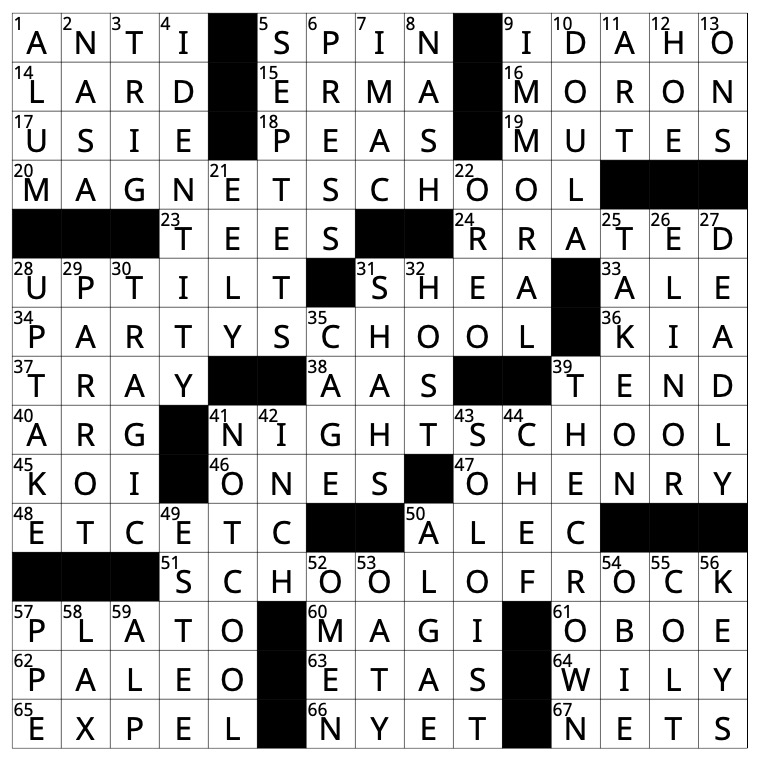Last week, J.K. Rowling revealed a confession that rocked the Harry Potter universe. To avoid spoilers, I won’t be too specific, but here’s the gist of it: Rowling admitted that she wishes Hermione Granger, one of Harry Potter’s best friends, had ended up with someone other than who she did at the end of the seventh book.
This revelation sparked heated debate across the Internet, but as passionate fans fought over which couple is superior, a quote by author John Green (who reiterated this point on his blog) popped into my head: “books belong to their readers.”
Almost seven years after the publication of “Harry Potter and the Deathly Hallows,” I am resistant to suddenly changing my perspective on my favorite childhood books. Literature, like other forms of art, is meant to be interpreted by an audience. Millions of people all over the world cherish the Harry Potter series; thus, there are millions of different ways to read it.
This issue is especially relevant while I read “As I Lay Dying” in English class. William Faulkner’s confusing and often vague prose leaves a lot of room for interpretation, and during every discussion, there are disagreements among my classmates about what a sentence actually conveys. I frequently find myself shifting my opinion when I consider someone else’s point of view, which would not be possible if there were only one way to analyze a book.
This realization gave me the confidence to privately disagree with Rowling on the subject of Hermione’s romantic fate. Once I wrapped my head around this idea, I became somewhat annoyed that Hermione’s love life caused such controversy in the first place.
Due to the popularity of the Harry Potter books, even those who have not read them know a little bit about Hermione. She is the brains of the operation and is commonly referred to as the most brilliant witch of her age. She can perform countless spells and brew complicated potions while also advocating for the rights of “muggles” and poorly treated magical creatures. Her two best friends, though brave and honorable, would probably not have made it through their first year at Hogwarts without her.
Hermione is an intelligent, powerful heroine who has been a role model for girls since “Harry Potter and the Sorcerer’s Stone” was released in 1997. It frustrates me that she is being reduced to a simple love interest and is not truly appreciated for her significance in the novels. Unfortunately, this is not an isolated incident. All too often, women are seen as objects of affection rather than respected for their accomplishments.
This is especially common in young adult fiction. The most interesting aspects of compelling, independent female characters are pushed aside in these books, which instead focus on which boys will ultimately win them as prizes.
The emphasis on love triangles and star crossed lovers sets an example for young girls who think their goals should be to have men fight over them, when they should really be exposed to confident women who create successful lives for themselves.
So who really cares whom Hermione married? Regardless of whom she was supposed to end up with, I will always remember her as the only 13-year-old able to brew a Polyjuice Potion.































